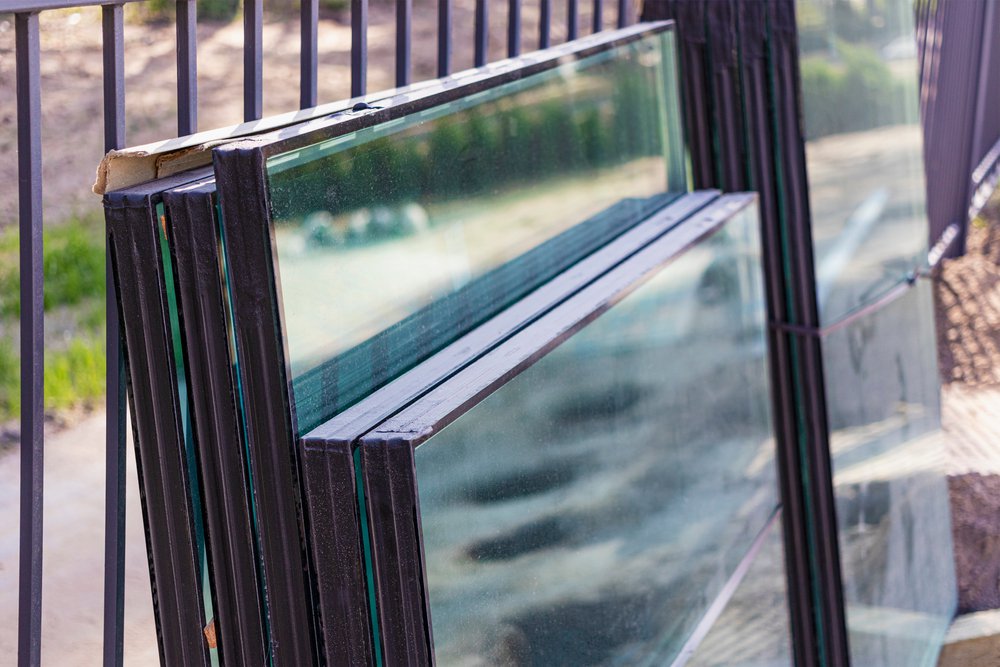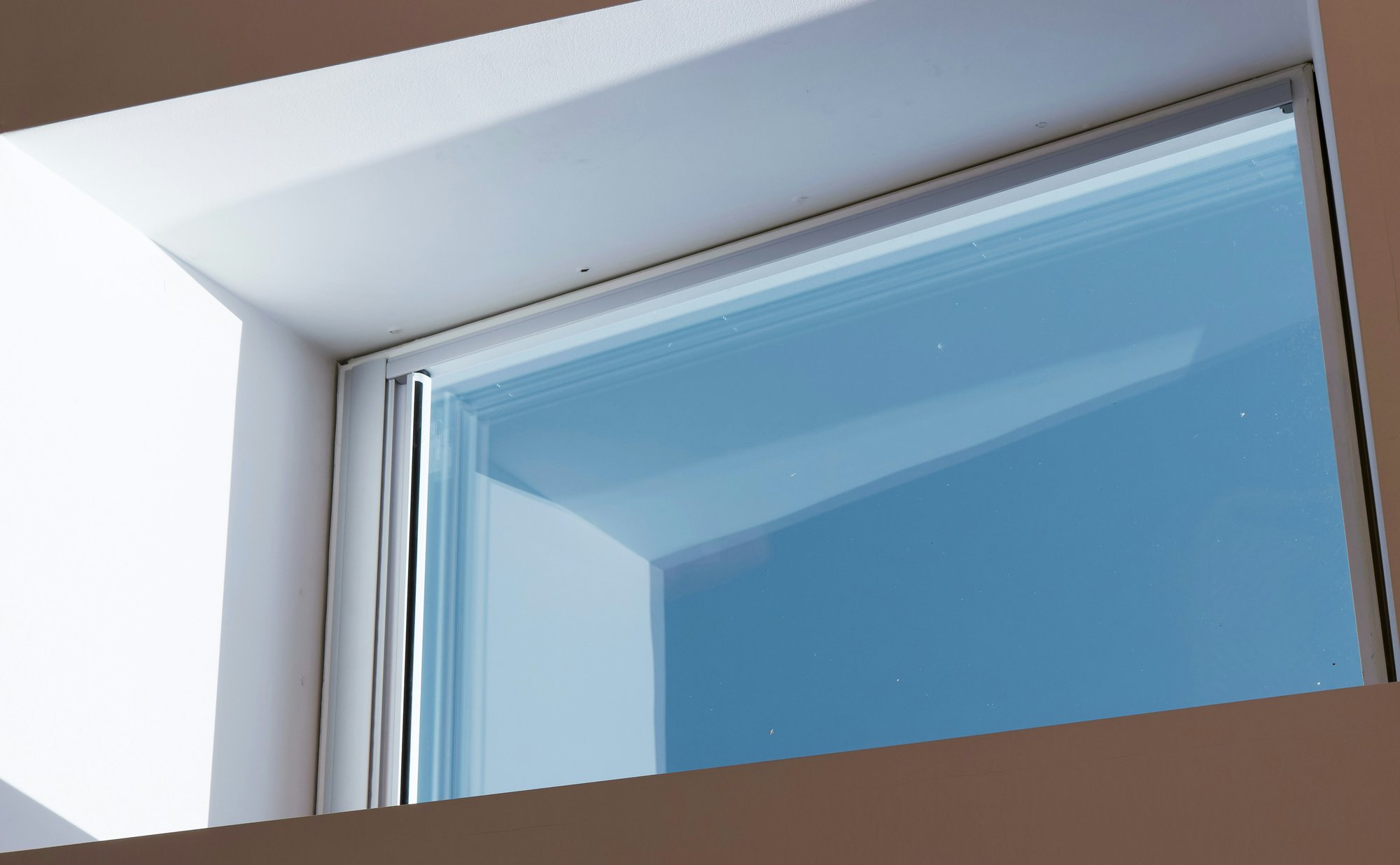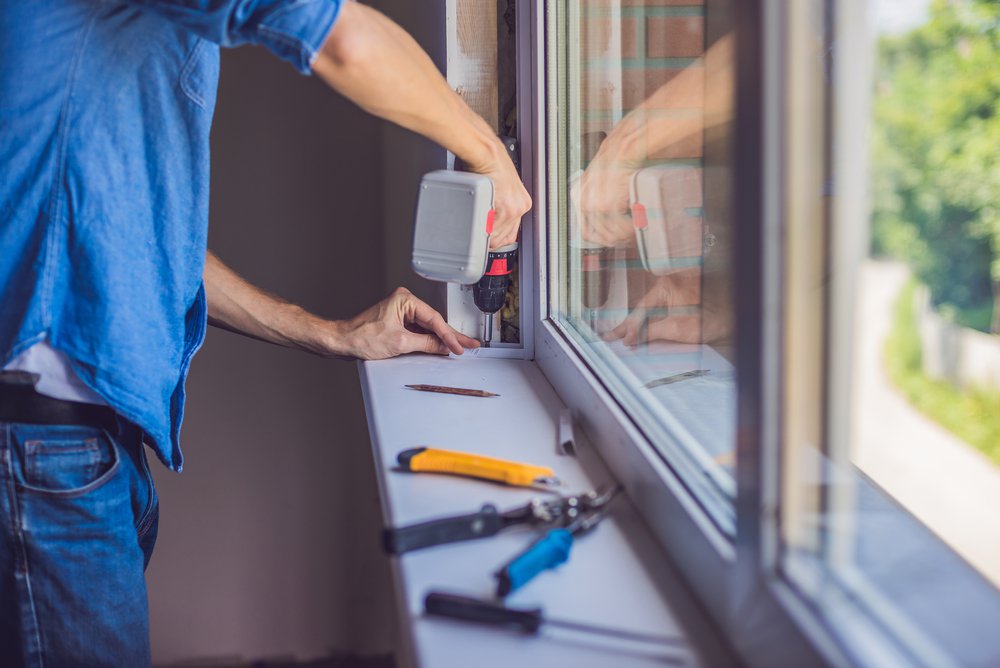In today's industrial landscape, the imperative for sustainability has become increasingly pronounced, particularly within the glass manufacturing sector. With mounting pressure to curtail environmental impact, the adoption of sustainable practices has emerged as a pivotal consideration for businesses. This article looks into the tangible advantages of embracing sustainable glass manufacturing, focusing on the reduction of carbon footprint, waste minimization, and the enhancement of brand image and compliance. By exploring these key benefits, glass manufacturers and industry stakeholders can gain valuable insights into the compelling reasons to integrate sustainable practices into their operations and strategies.

Reduction in Carbon Footprint
Sustainable glass manufacturing significantly reduces energy consumption, primarily through enhanced operational efficiency and the utilization of renewable energy sources. By optimizing production processes and investing in energy-efficient technologies, manufacturers can curtail their reliance on non-renewable energy, thereby mitigating the environmental impact of their operations. Additionally, the integration of renewable energy sources, such as solar or wind power, further diminishes the carbon footprint associated with glass manufacturing. This concerted effort to minimize energy usage not only aligns with sustainable principles but also yields substantial environmental benefits.
The reduction of greenhouse gas emissions resulting from sustainable glass manufacturing plays a pivotal role in combating global warming and addressing the broader challenges of climate change. By decreasing the release of carbon dioxide and other harmful gases into the atmosphere, sustainable practices directly contribute to mitigating the adverse effects of climate change. This proactive approach not only fosters a more sustainable future but also underscores the glass manufacturing industry's commitment to environmental stewardship and responsibility.
Waste Minimization
Strategies for waste minimization in glass manufacturing encompass a multifaceted approach, prominently featuring the recycling of glass and the utilization of cullet in the production process. By recycling glass, manufacturers can significantly reduce the volume of waste destined for landfills, thereby diminishing the environmental burden associated with waste disposal. The incorporation of cullet, which comprises recycled broken or waste glass, not only minimizes the demand for raw materials but also fosters a closed-loop system that promotes sustainability within the manufacturing cycle.
The reduction of landfill waste in glass manufacturing holds profound environmental significance, as it directly contributes to the conservation of raw materials and the mitigation of environmental degradation. By diverting glass from landfills and integrating it back into the production process, manufacturers actively participate in the preservation of natural resources, thereby curbing the depletion of raw materials and lessening the environmental impact of extraction and processing. This concerted effort toward waste minimization underscores the industry's commitment to sustainable practices and environmental responsibility, positioning glass manufacturers as proactive stewards of the environment.
Enhanced Brand Image and Compliance
Adopting sustainable practices in glass manufacturing not only contributes to environmental conservation but also enhances a company's brand image and market competitiveness. By prioritizing sustainability, manufacturers appeal to an increasingly environmentally conscious consumer base, thereby bolstering their brand reputation and fostering consumer loyalty. This strategic alignment with sustainable principles resonates with businesses seeking environmentally responsible partners, thereby expanding market opportunities and solidifying the company's position as a preferred supplier within the industry.

Furthermore, compliance with international environmental standards and regulations confers distinct advantages to glass manufacturers. By adhering to stringent environmental requirements, companies can access new markets that prioritize sustainability, thereby broadening their customer base and diversifying revenue streams. Additionally, compliance mitigates the risk of legal penalties and regulatory sanctions, ensuring operational continuity and safeguarding the company's financial stability. This proactive approach to environmental compliance not only demonstrates corporate responsibility but also positions glass manufacturers as reliable and ethical partners within the global marketplace.
Embracing sustainable practices in glass manufacturing yields multifaceted benefits, encompassing the reduction of carbon footprint, waste minimization, and the enhancement of brand image and compliance. By integrating these sustainable principles into their operations, glass manufacturers can not only contribute to environmental conservation but also bolster their market competitiveness and appeal to environmentally conscious consumers and businesses. As the industry navigates the changing world of sustainability, these benefits serve as compelling reasons for glass manufacturers and industry stakeholders to prioritize sustainable practices in their future operations and strategies. For more information on sustainable glass manufacturing and high-quality sealed glass units, visit Insul-Lite Manufacturing.





